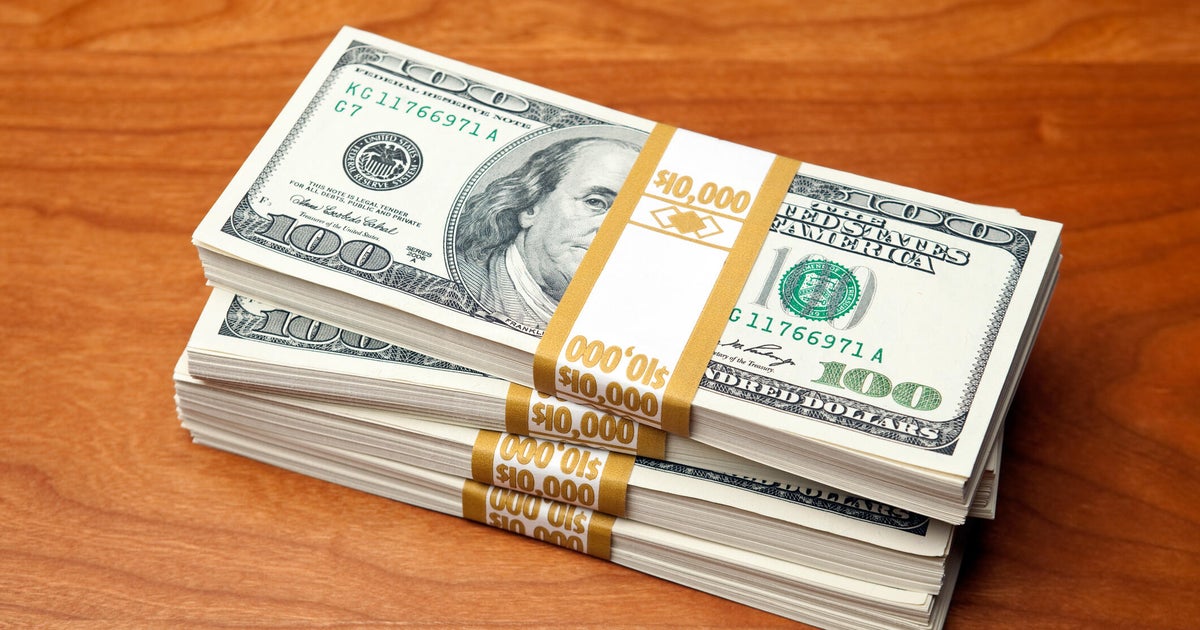CD grace periods: Everything savers should know
Economists and rate-watchers anticipating the Federal Reserve's much-hyped interest rate cut will have to wait a little longer. After the latest Bureau of Labor Statistics report showed inflation rising 3.2% year-over-year in February 2024, the Fed paused rates for the fifth consecutive time at its March meeting.
While the Fed's decision to delay any rate cuts is bad news for borrowers, it's music to the ears of savers, especially those with money in high-yield savings accounts and certificates of deposit (CDs). These accounts are earning well over 5% for several months, with some of the best CD accounts earning up to 5.75%.
However, CD account holders are often unaware of the grace period that exists when a CD matures. This period opens a window of opportunity for you to choose from multiple options. "The grace period is a rare chance for penalty-free changes; missing it can mean waiting until the next maturity to correct course," says Brian Seymour, CEO and founder of Prosperitage Wealth, an investment advisory company.
Below, we'll detail what you need to know about CD grace periods as well as your options during this period. See how much more you could be earning with a high interest CD here now.
What are CD grace periods?
Once your CD matures, you typically have a grace period of seven to 10 days to weigh your options. Depending on your CD terms, the bank or credit union holding your money may issue you a check for the balance or automatically renew your CD.
Your financial institution should send you a written notice when you're approaching your CD's maturity date. Still, it's a good idea to note the date on your calendar when you open your CD so you can start strategizing your best move well in advance.
How long do CD grace periods last?
Financial institutions offer a grace period to give you time to decide what to do with the funds in your CD account. The typical duration for grace periods are 10 days, but it may be longer depending on your bank and your CD's term length.
The Truth in Savings Act requires banks to send you a written notification before your CD's maturity date, but only if your CD term exceeds one year and doesn't automatically renew. Read this letter carefully to understand your grace period options and whether your CD accrues interest beyond maturity.
Learn more about today's CD options online now.
What can savers do during this time?
When your CD matures and the grace period begins, you have a few options to consider:
- Renew your CD. Check if your CD renews at the same (or better) interest rate before renewing. Also, verify if your CD auto-renews if you leave the funds in the account.
- Move your money into another CD. Ideally, this option allows you to take advantage of higher yields, choose a different CD term or increase or reduce your funds. You can shop for new CDs online now.
- Cash out your funds. CD accounts are often utilized to help savers reach a short-term goal, such as saving up for a down payment on a house. During the grace period, you can pull out your funds penalty-free to achieve your goal. Alternatively, you could move the funds to a more liquid account, such as a high-yield savings account or a money-market account.
- Invest your funds. Another option you might consider is investing in stocks, bonds, mutual funds or in a traditional or Roth IRA retirement account.
What happens if savers do nothing during this time?
Most banks automatically renew your CD if you leave your money in the account during the grace period. This could be a good option if the CD continues to earn a solid yield but verify the new rate before renewing. As Louis J. Czerwinski, an investment advisor at Allegiant Wealth Management, notes, banks often offer promotional or "teaser" rates on three-, six- and 12-month CDs. "[Banks] typically do this as a way to raise deposits so they can lend more, which is the main way banks in general make money. When these CDs expire, if the CD automatically renews, it may renew at a rate that is far less than the promo rate you came in for."
Before letting your funds auto-renew, it's wise to shop and compare CD yields from multiple financial institutions. "Always compare rates during the grace period to ensure your money works as hard as possible for you," says Seymour. "Automatic renewal is convenient but not always in your best interest."
The bottom line
With the Federal Reserve holding interest rates steady, you don't have to wait to snag a high yield up to 5.75% APY on a new CD. While comparing the best CD accounts available, look for a CD term that isn't longer than you might reasonably expect to need the money. If you don't want to invest a large amount, consider a CD account with a low opening deposit requirement. Most importantly, make sure the yield is substantial enough to help you achieve your financial goals faster.




